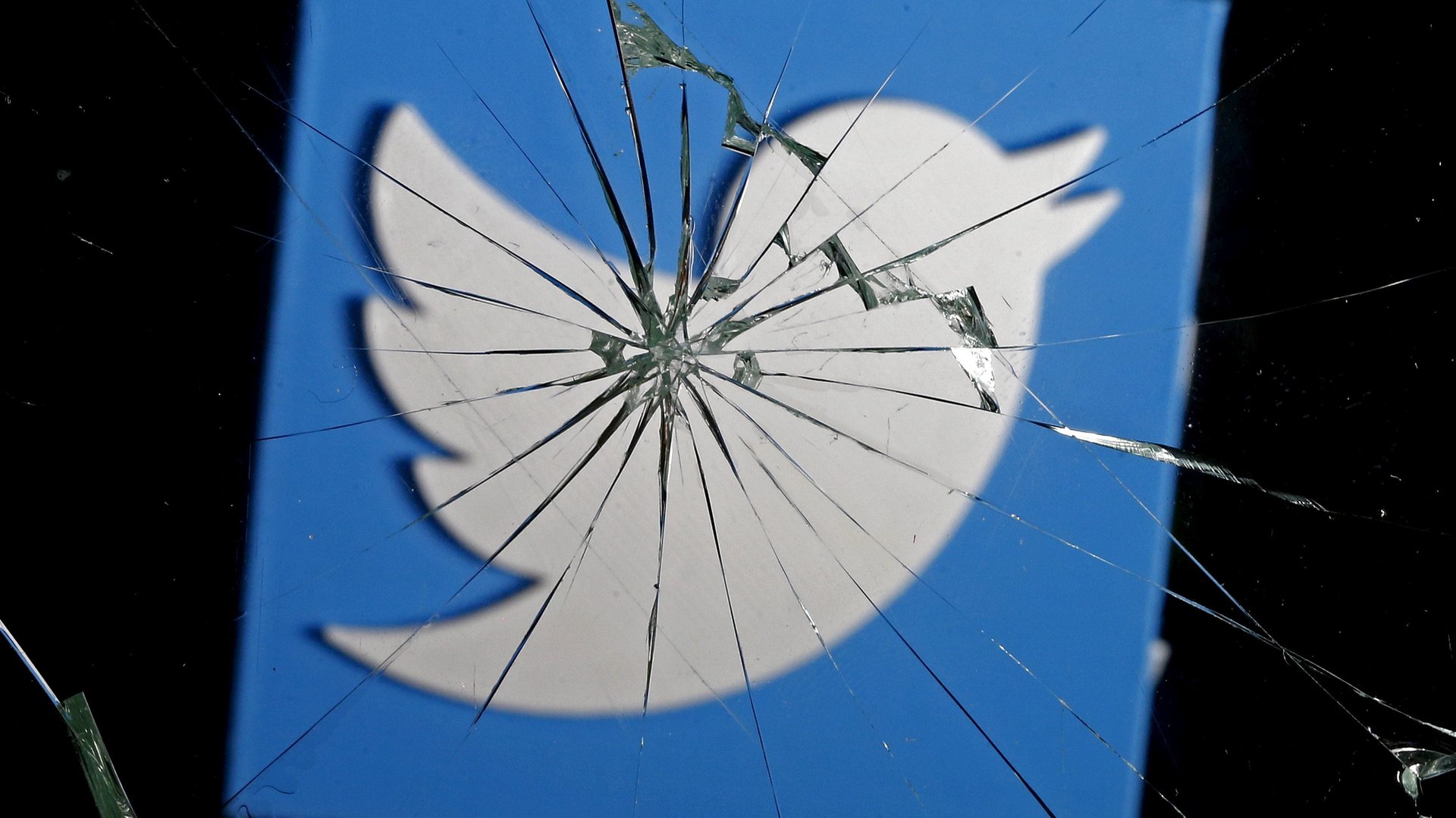Americans flock to social media platforms where misinformation goes unchecked
Twitter can’t catch a break. After the 2016 US presidential election, the company was pilloried for allowing viral disinformation campaigns to sow confusion on its platform. Four years later, Twitter and other social media companies cracked down on disinformation—this time coming not only from foreign adversaries but from US president Donald Trump and his allies.


Twitter can’t catch a break. After the 2016 US presidential election, the company was pilloried for allowing viral disinformation campaigns to sow confusion on its platform. Four years later, Twitter and other social media companies cracked down on disinformation—this time coming not only from foreign adversaries but from US president Donald Trump and his allies.
Some Americans have rewarded the effort by flocking to Parler, an alternate social media platform philosophically opposed to moderating disinformation. The app has been downloaded more than 3.6 million times in the US since the Nov. 3 elections, according to data from mobile app analytics firm SensorTower. It climbed to the number one spot among free apps in Apple and Google’s app stores, beating out rivals including TikTok and Zoom.
Parler’s popularity could be considered a repudiation of social media companies’ attempts to strike down lies, fake news, and misleading claims credited with coarsening American political discourse and leaving the country divided between sets of alternative facts. After Twitter and Facebook stepped up their enforcement against disinformation, Parler CEO John Matze released a statement promising to take a different approach. “We need to make sure that the content curation we’re seeing this election season serves as a clarion call to change course, not a preview of an Orwellian future,” he wrote.
So far, mainstream social media companies have done a decent job of curbing the spread of harmful lies—at least in English. It remains to be seen what the effect will be of millions of Americans fleeing to a platform where lies will not be subject to warning labels, fact-checks, or moderation.
In the meantime, president-elect Joe Biden will have a chance to influence the federal government’s regulation of social media platforms when he takes office on Jan. 20. Biden and Parler executives have a rare point of agreement: They’ve both argued for a rollback of Section 230 of the Communications Decency Act of 1996, which allows social media platforms to host and moderate user-generated content on their websites without legal liability.
The difference is the president-elect would like to replace the rules with laws that would punish platforms or failing to moderate disinformation enough, while Parler would like to reinterpret the rule to strip platforms of their power to moderate disinformation at all.